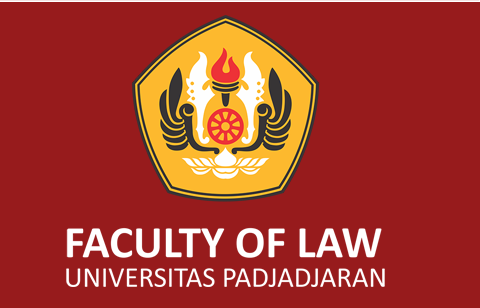Abstract
Pemerintah Indonesia menganggap terdapat organisasi masyarakat yang memiliki kegiatan bertentangan dengan Pancasila. Undang-Undang Organisasi Kemasyakatan di Indonesia juga dinilai belum memadai sebagai sarana untuk mencegah meluasnya ideologi yang bertentangan dengan Pancasila. Hal ini menjadi salah satu alasan pemerintah mengeluarkan Peraturan Pemerntah Pengganti Undang-Undang Nomor 2 Tahun 2017 tentang Perubahan atas Undang-Undang Nomor 17 Tahun 2013 tentang Organisasi Kemasyarakatan (Perpu Ormas). Perlu dikaji lebih lanjut mengenai alasan dikeluarkannya Perpu dan implikasi yuridisnya. Artikel ini memberi gambaran secara rinci tentang situasi yang dikaji dalam perspektif norma Hukum Tata Negara. Hadirnya Perpu ini bukan merupakan upaya pemerintah untuk membungkam kebebasan masyarakat untuk berserikat dan berkumpul, namun pembatasan ruang gerak ormas ini penting mengingat Indonesia telah sepakat berideologi Pancasila.. Dengan demikian, implikasi yuridis dari Perpu ini adalah kewajiban dari Dewan Perwakilan Rakyat untuk membahas sebagai pelaksanaan fungsi check and balances antara presiden dan DPR dalam pembuatan produk hukum di Indonesia serta menghindari kewenangan luar biasa presiden. DPR perlu mencermati materi muatan Perpu terutama mengenai asas contrarius actus sebagai dasar ditiadakannya proses pengadilan dalam proses pembubaran organisasi masyarakat.
The Juridicial Implication of Government Regulation in Lieu of Law Number 2 Year 2017 on Amendment of Law Number 17 Year 2013 on Community Organization in Indonesia
Abstract
The Government of Indonesia has assumed that there is a mass organization which carries conflicting agendas with Pancasila. Law on Mass Organization is also thought to be ineffective in suppressing the widespread ideology which contradicts the Pancasila. This situation is among the reason on why the government issued Government Regulation in Lieu of Law Number 2 Year 2017 on the Revision of Law on Mass Organization, thus further research is needed on the reasoning behind the promulgation and its juridical implication. This article will provide detailed explanation on the situation as seen from Constitutional Law. The promulgation of this government regulation in lieu of law does not intend to silence the freedom of assembly and association, nevertheless the limitation is needed to ensure the standing of Pancasila. Therefore, the juridical implications from this government regulation in lieu of law is the obligation of the House of Representative to hold further discussion with the President under its check and balance function when formulating any law regulation as well as to prevent any misconduct of the President’s extraordinary power. The House of Representative must also monitor the content of government regulation in lieu of law, especially the contrarius actus principle as the basis of the erasure of litigation process during the dissolution of mass organization.
Keywords: contrarius actus, urgency, mass organization, Pancasila, government regulation in lieu of law.
DOI: https://doi.org/10.22304/pjih.v4n2.a4
Recommended Citation
Pratiwi, Dian Kus
(2017)
"Implikasi Yuridis Peraturan Pemerintah Pengganti Undang-Undang Nomor 2 Tahun 2017 tentang Perubahan Atas Undang-Undang Nomor 17 Tahun 2013 tentang Organisasi Kemasyarakatan di Indonesia,"
Padjadjaran Jurnal Ilmu Hukum (Journal of Law): Vol. 4:
No.
2, Article 8.
DOI: https://doi.org/10.22304/pjih.v4n1.a4
Available at:
https://journal.unpad.ac.id/pjih/vol4/iss2/8
DOI
https://doi.org/10.22304/pjih.v4n1.a4










